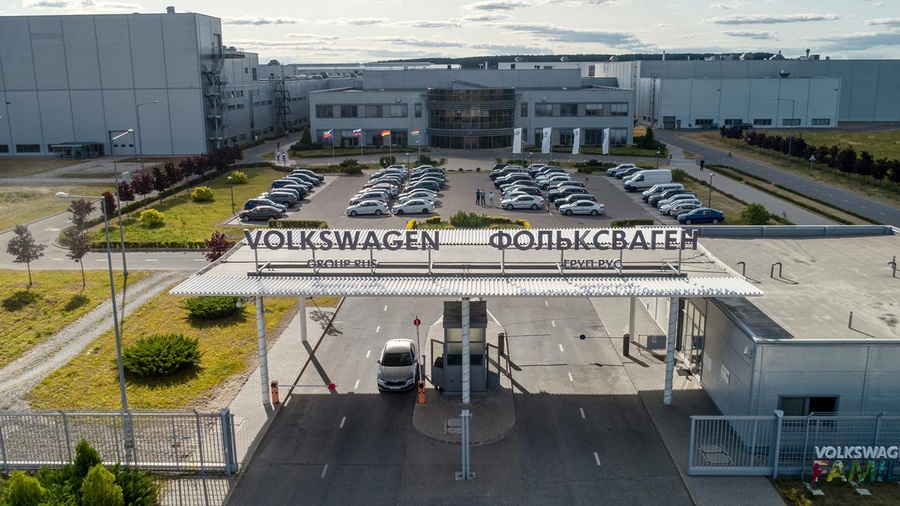While the official sales price remains undisclosed, reports suggest that Avilon paid around €125 million ($135 million) for Volkswagen's Russian operation and the factory located in Kaluga, which has an annual capacity of 225,000 vehicles.
Volkswagen's press release on the deal was brief but mentioned that it received approval from Russian government authorities. The agreement encompasses Volkswagen's importer structure, including distribution and after-sales business, as well as warehousing and financial services activities along with their associated employees.
The Kaluga plant, which Volkswagen invested €774 million in and began operating in 2009, saw its production cease shortly after Russia's invasion of Ukraine in February 2022. Despite the factory's closure, the 4,000 employees have remained on the payroll, eagerly awaiting news about the company's future in Russia.
Experts in the industry note that numerous large companies took their time before deciding to pull out of Russia, considering the extensive supply chains they had built in the country over the years. Russian invasion of Ukraine has significantly impacted the automotive industry in Russia, causing a 77% decline in local automotive production and prompting many major car manufacturers to exit the market altogether.
As for Volkswagen's deal with Avilon, it is unclear whether it includes a clause that would enable Volkswagen to return to the Russian market in the future. Renault, another automaker, sold its 68% stake in Russian automaker AvtoVAZ last year for a nominal sum of 1 ruble, while maintaining an option to resume business in the future.
Source: Volkswagen, The New York Times
.jpg)

